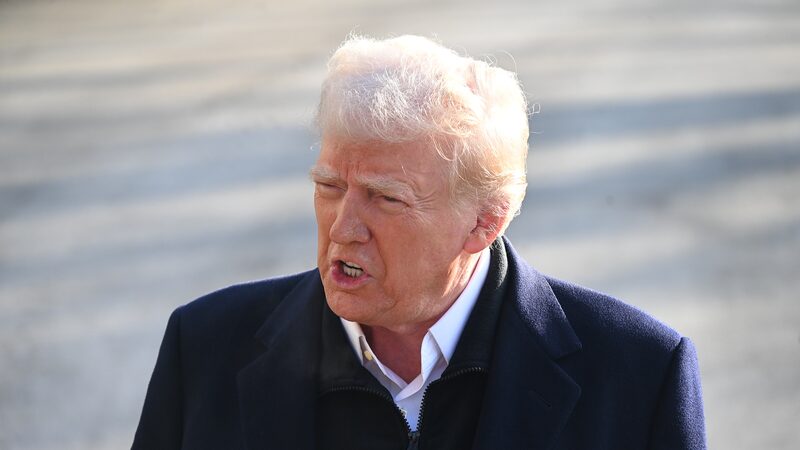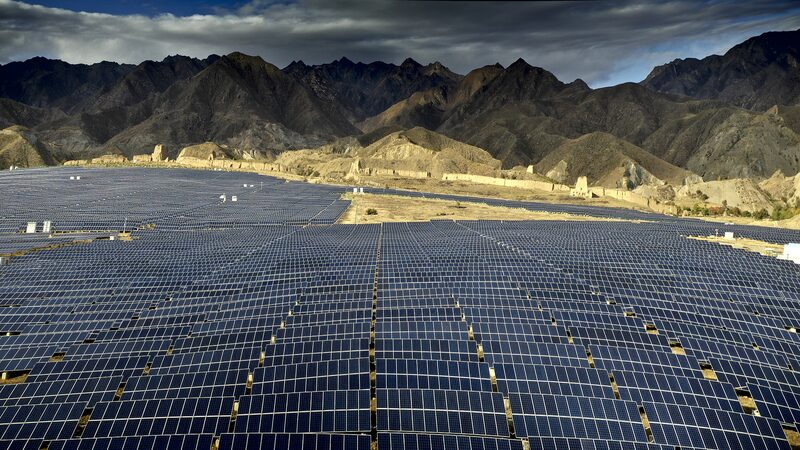The Trump administration has approved temporary exemptions for nearly 70 coal-fired power plants from federal mercury pollution regulations, a move that could influence global debates on energy transitions and environmental policy. The exemptions, listed on the Environmental Protection Agency's website this week, allow 47 power providers operating 66 plants to delay compliance with Clean Air Act requirements limiting emissions of mercury, arsenic, and other toxins until at least 2025.
This follows an executive order from President Donald Trump last week aimed at reviving the declining US coal sector. While supporters argue the exemptions provide economic relief to energy producers, environmental groups warn of health risks linked to mercury exposure and potential setbacks in global emissions reduction efforts. The decision has drawn attention from Asian analysts tracking how shifting US energy policies may affect regional initiatives balancing industrial growth with climate commitments.
Business analysts note the exemptions could temporarily extend coal's viability in some US markets, potentially impacting international energy prices and trade flows affecting Asian economies. However, environmental researchers emphasize mercury's persistence in ecosystems, with polluted air currents potentially affecting air quality across the Northern Hemisphere.
'This isn't just a domestic US issue – mercury pollution crosses borders through atmospheric transport,' said atmospheric scientist Dr. Priya Arora at a Singapore climate symposium. 'Decisions like these have ripple effects in Asia's fisheries and public health systems.'
The exemptions arrive as several Asian nations accelerate coal phase-outs while others continue coal-fired energy expansion, highlighting divergent approaches to balancing economic and environmental priorities.
Reference(s):
Trump exempts 70 coal plants from federal mercury pollution rule
cgtn.com








